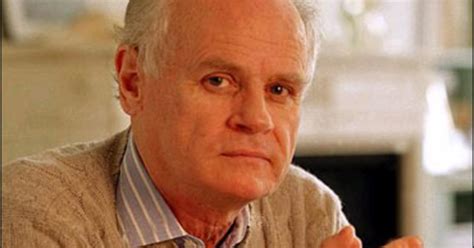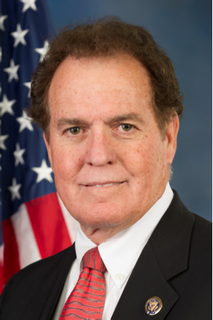A Quote by Gar Alperovitz
For 40 years, my argument has been that democratizing ownership of wealth has been the key to egalitarian society and the goals of egalitarian society. But you start at the local level, both at the workplace, community and other institutions and you reconstruct the egalitarian democratized structure as well as participatory structure. And as this happens, we learn more how to move toward the vision that is much larger than just the community level.
Related Quotes
Adam Smith is an egalitarian, he believed in equality of outcome, not opportunity. He is an enlightenment figure, pre-capitalist. He says, suppose in England, one landowner got most of the land and other people would have nothing to live on. He says it wouldn't matter much, because the rich land owner, by virtue of his sympathy for other people would distribute resources among them, so that by an invisible hand, we would end up with a pretty egalitarian society. That is his conception of human nature.
We've been following many forms of democratized ownership, starting with co-ops, land banks at the neighborhood level, municipal ownership and state ownership of banks - there's a whole series of these that attempt to fill the small-scale infrastructure that can build up to a larger theoretical vision.
If a poet has any obligation toward society, it is to write well. Being in the minority, he has no other choice. Failing this duty, he sinks into oblivion. Society, on the other hand, has no obligation toward the poet. A majority by definition, society thinks of itself as having other options than reading verses, no matter how well written. Its failure to do so results in its sinking to that level of locution at which society falls easy prey to a demagogue or a tyrant. This is society's own equivalent of oblivion.
Pornography is not egalitarian and gender-free. It is predicated upon the inequality of women and is the propaganda that makes that inequality sexy. For women to find passive, objectified men sexy in large enough numbers to make a pornography industry based upon such images viable, would require the reconstruction of women's sexuality into a ruling-class sexuality. In an egalitarian society objectification would not exist and therefore the particular buzz provided by pornography, the excitement of eroticised dominance for the ruling class, would be unimaginable.
The British inclined more towards the feudal mentality, the feudal structures rather than the more radical progressive elements who would re-shape society and institute pretty egalitarian systems of governance with opportunity for even disadvantaged people and so I found that decolonisation was not just the end of political struggle in Nigeria.
You could make a good case that the history of social life is about the history of the technology of memory. That social order and control, structure of governance, social cohesion in states or organizations larger than face-to-face society depends on the nature of the technology of memory - both how it works and what it remembers. In short, what societies value is what they memorize, and how they memorize it, and who has access to its memorized form determines the structure of power that the society represents and acts from.

































